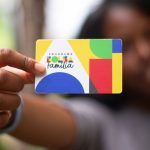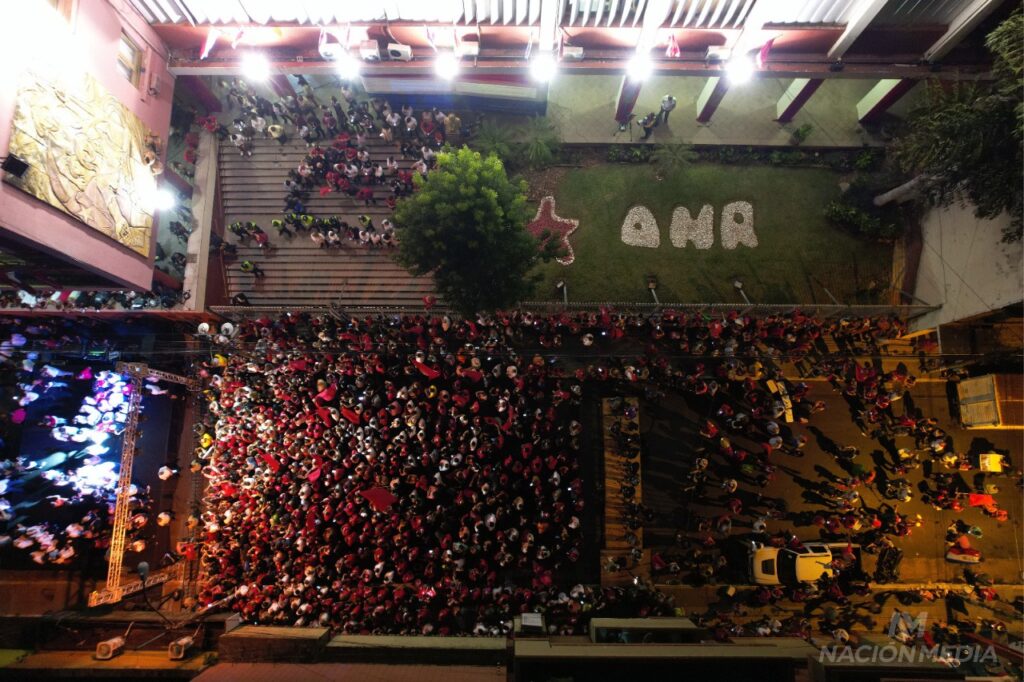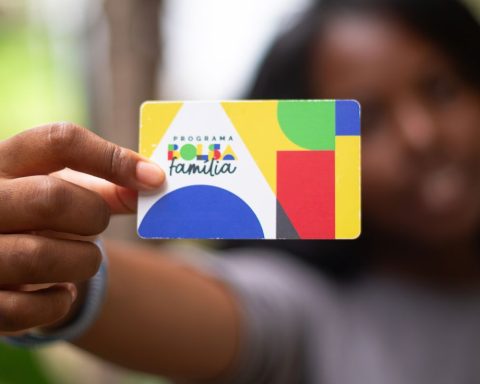Valentina Fernández is in Thailand, but what happened to her is on the cell phones of many Uruguayans who are distant witnesses of her misfortune.
Like many other young Uruguayans, the young woman from San José recently left the country with the Economic Sciences group.
The trip went smoothly until the night of April 8. Fernández was having dinner with his travel companions when it occurred to him to check his bank account from his cell phone, at that moment he discovered that his Santander account was overdrawn and not only had he spent everything allowed, up to his limit, but that it was overdrawn at $20,000.
He immediately opened his wallet and verified that none of his credit cards (one Santander Platinum and another Itaú Latam Pass) were in place. He had been the victim of a robbery.
He immediately called the two banks. “In Itaú they blocked my card for the first purchase, in Santander they let the bucket and the chain go,” he says.. According to what they told her from both banks, preventive blockades had been made and she made the final one.
The following day the young woman left with her group for Singapore to continue with the travel itinerary. On that same day, she completed the form for not knowing expenses in Santander and sent it. “They tell me that the police report could help me, I do it and I send it to them. Two days later they send me an email saying that It is not up to them to take charge of these expenses because I notified the bank after the purchases were made, that was the basis“, describes Fernández who qualifies the fact as” a joke “.
All the young people who make up the travel group are offered these premium cards, according to Fernández. “I had them for the end of the trip, for when I was ‘half bare’, to send a card and pay it when I arrived, but I was not using them now. The last purchases were in Uruguay,” says the young woman and assures that from the bank they told him that he would have had to constantly check that he had the cards among his belongings.
“They say that I have to take care of those US$5,000 that who knows who bought and what they did” he says and points out: “they allowed them to spend $25,000 more than my limit.”
Meanwhile, from Itaú, they defined “return” (temporarily return) the amount of the purchase made with her card (for US$ 2,000) that she does not know, so that she can pay only her expenses and they will take 200 days to investigate and evaluate what do with that transaction.
“I imagined that in Santander they were going to do an investigation, call the premises, ask for the cameras, something, and no, after 48 hours they told me no.” “I know that they are standing at that point of view and that there will be no chance,” Fernández told El Observador that in the last few hours he decided to amplify his case on social networks.
Fernández filed a complaint about the fact before the Central Bank and also before the Consumer Defense and does not rule out going to court.
shopping
“Take it out”: this same reference appears on the account statement of the two Valentina Fernández cards, they are purchases of about US$ 2,000 that were made in person.
Pay the debt
“I was not using them” Valentina Fernández repeats from time to time reaffirming the reason that led her to make the complaint two days after the purchases were made. Now the bank tells her that she does not have fraud insurance that she could have covered in this situation.
In addition, several times they offered her a loan to pay this debt, both to her mother at the San José branch and to her by telephone. “If I were to pay, I would pay with my money or with a loan from any other bank except with them,” he says.
Santander’s response
The Observer consulted Santander and from the bank they answered that institutional policies and provisions in the regulation prevent giving information about clients and specific cases.
However, he clarified, to avoid situations such as the aforementioned The bank recommends that its clients take actions that aim to minimize the risks associated with theft, delays, and loss abroad.. They added that for cases of this type, the bank makes multiple complaint channels available to its clients 24 hours a day, both digital and by telephone.
“In these cases it is essential to block and report the card as soon as possible; the first hours are key because it is the period in which the criminal seeks to quickly use the resource obtained ”, they indicated from Santander.
They stated that the blocking can also be managed through the My Card APP, Mobile Plus APP, online banking or the bank’s contact center (local number 132 or +598 2 915 44 11 from abroad). Finally, they said that this does not imply losing the card, but when in doubt it allows it to be blocked, and once the case is resolved and clarified, to activate it again.

















